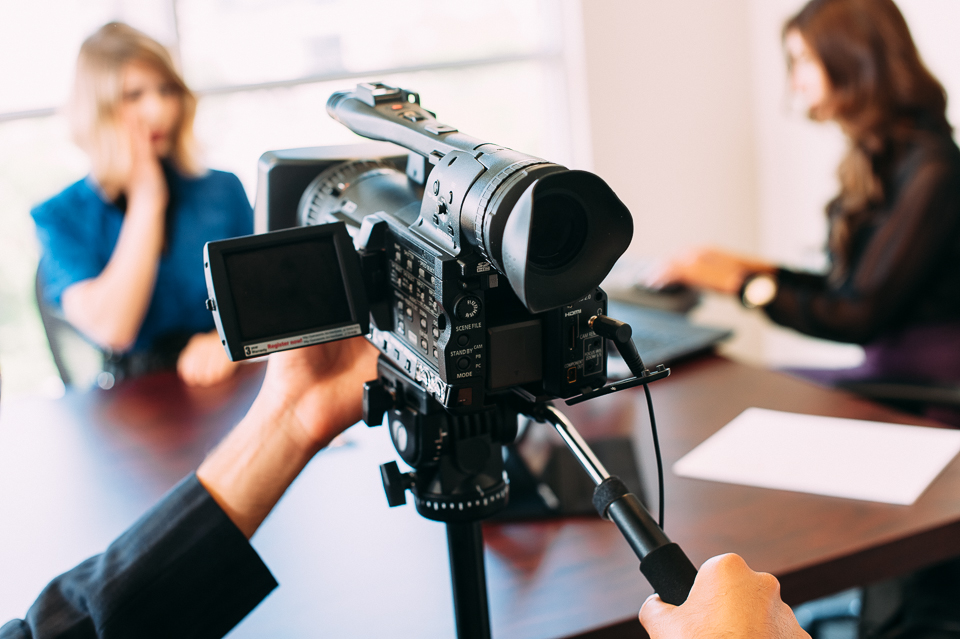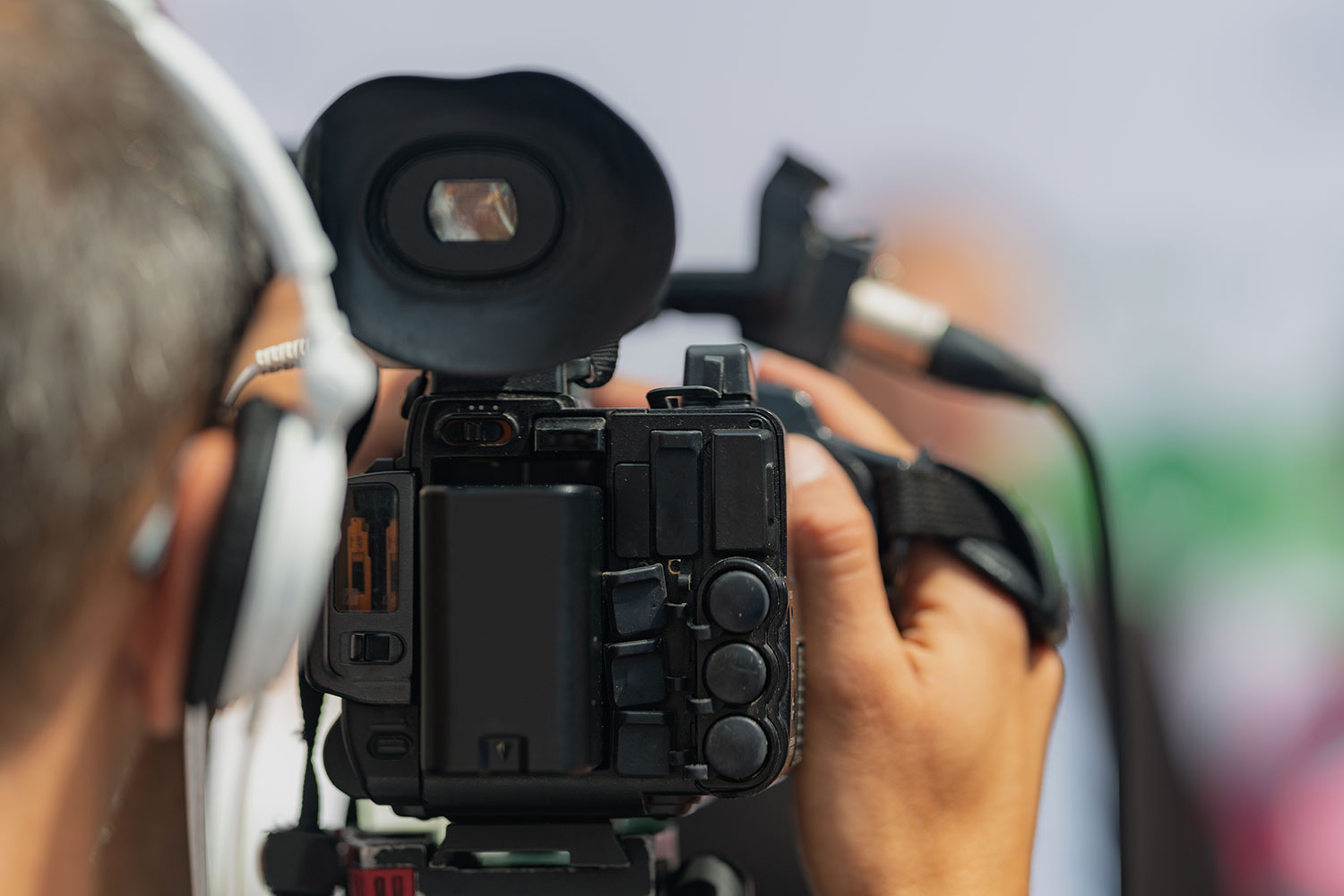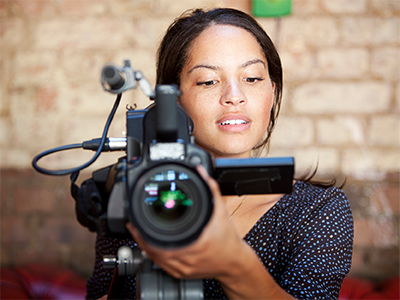Custom Legal Videography for Legal Professionals.
Custom Legal Videography for Legal Professionals.
Blog Article
The Duty of Lawful Videography in Depositions and Trials
Lawful videography has arised as a crucial device in both depositions and trials, providing a diverse method to documenting witness testaments. As lawful specialists increasingly recognize its worth, it triggers a deeper examination of how these aesthetic documents can influence juror assumptions and test end results.
Significance of Legal Videography
Legal videography plays an essential duty in the documents and discussion of depositions and tests. This specific area integrates technological abilities with legal expertise to develop a reputable record of process that can significantly affect situation end results. The aesthetic aspect of legal videography improves the understanding of witness testament, allowing jurors and judges to observe not only the talked words yet likewise the disposition, feelings, and body movement of the witnesses.

The relevance of lawful videography extends past the court room; it additionally plays a crucial function in maintaining proof for future reference, whether for allures or more lawsuit. Its combination into the legal process is necessary for guaranteeing a fair and accurate depiction of the truths, eventually adding to the quest of justice.

Process of Legal Videography
While recording the nuances of depositions and tests, the procedure of legal videography includes a number of crucial actions that make certain high-quality, exact recordings. Initially, an expert legal videographer prepares by assessing the situation materials and understanding the certain requirements of the deposition or trial. This preparation includes familiarizing themselves with the individuals and the context, which aids in recording significant information.
On the day of the recording, the videographer sets up the necessary equipment, which typically consists of high-definition cams, microphones, and appropriate lights. Guaranteeing ideal angles and sound high quality is critical, as it straight impacts the efficiency of the recording. The videographer connects with lawyers and individuals to establish procedures, making certain that every person recognizes the recording process.
Throughout the deposition or trial, the videographer meticulously tape-records the procedures, paying attention to both verbal and non-verbal hints. legal videography. This includes recording the demeanor and responses of witnesses and attorneys. After the session concludes, the videographer might edit the footage for clarity and conformity with lawful standards, creating an end product that properly mirrors the proceedings for future recommendation and use in legal contexts
Advantages in Depositions
The unification of videography in depositions uses countless discover this info here advantages that enhance the general procedure of collecting proof. One main advantage is the capability to record witness testaments with aesthetic and acoustic integrity, offering a much more precise representation of the witness's attitude, tone, and body language. This multidimensional technique permits attorneys and juries to assess trustworthiness better than traditional written transcripts alone.
Furthermore, videographed depositions act as an effective device for protecting statement. Must a witness become not available for test, their taped deposition can be played in court, making sure that their proof continues my sources to be easily accessible and appropriate. This element dramatically lowers the risk of shedding important details that can affect case outcomes.
Additionally, the usage of legal videography promotes much better prep work for attorneys. Evaluating video footage allows lawful teams to examine and improve their strategies, determining strengths and weaknesses in their instances. This primary benefit can bring about even more engaging presentations in court.
Finally, videography enhances the total professionalism of the deposition procedure, instilling confidence in clients pertaining to the thoroughness of their lawful representation. By leveraging modern technology, legal professionals can dramatically boost the performance of depositions.
Influence on Tests
In lots of trials, the combination of videography can significantly affect the presentation of proof and the jury's assumption. Lawful videography records witness testaments and vital proof in a dynamic style, allowing jurors to involve with the material on several degrees. get more This aesthetic part boosts the storytelling aspect of a trial, offering context and emotional resonance that standard text-based proof might do not have.
Additionally, video recordings can offer as powerful tools for impeachment during interrogation. When inconsistencies arise between a witness's previous statements and their courtroom statement, video evidence offers an objective reference that can guide jurors' viewpoints. This immediacy and quality can strengthen the reliability of an event's narrative while all at once threatening opposing debates.
In addition, the usage of videography can aid enhance complicated information, making it a lot more accessible to jurors who may have a hard time to comprehend complex details provided exclusively with spoken testament. By combining visuals with auditory details, legal videography can improve retention and understanding, ultimately affecting the jury's decision-making process. The effect of videography in tests expands beyond simple visual appeals; it plays an important role in forming the legal landscape and results.
Future Trends in Legal Videography
As we look towards the future of legal videography, a number of arising trends promise to improve its function within the court room. One substantial pattern is the combination of expert system (AI) in video clip analysis and editing and enhancing - legal videography. AI can improve the procedure of recognizing vital minutes in taped depositions, allowing lawyers to quickly access appropriate material, consequently boosting performance in instance preparation
Additionally, the surge of online fact (VIRTUAL REALITY) and enhanced truth (AR) technologies is anticipated to transform exactly how jurors experience evidence. By submersing jurors in a substitute setting, these innovations can provide an extra profound understanding of complicated scenarios, resulting in even more educated deliberations.

Moreover, the enhancing need for remote depositions, increased by the COVID-19 pandemic, will likely continue. Legal videographers will certainly need to adapt to new software program and platforms to guarantee high-quality recordings in virtual settings.
Finally, the expanding emphasis on information protection will certainly require more stringent methods for saving and sharing video clip evidence. As the legal landscape advances, legal videographers have to remain abreast of these trends to maintain their significance and efficiency in the judicial process.

Conclusion
In summary, legal videography offers an important feature in the judicial procedure, boosting the integrity of depositions and trials. By catching the subtleties of witness testaments, this tool not just protects important proof yet likewise help in offering information properly to jurors. The relevance of visual documents in examining integrity and facilitating cross-examination can not be overstated. As technology remains to evolve, lawful videography is poised to more transform its function within the lawful landscape.
Report this page